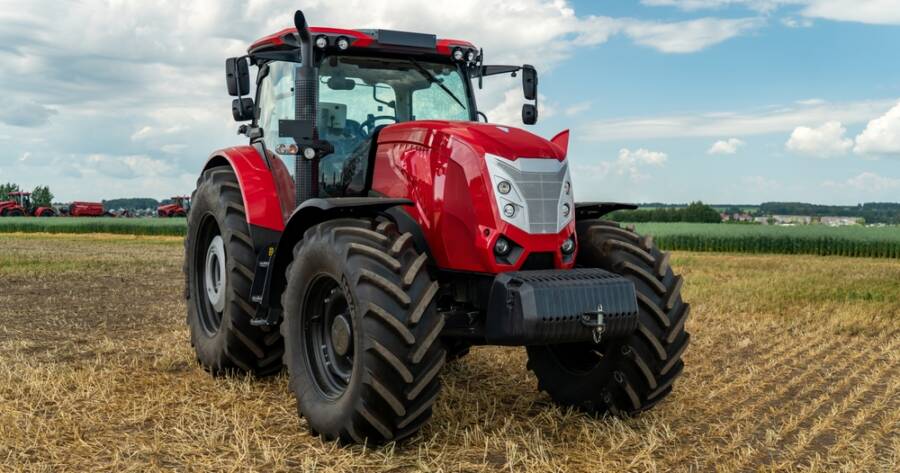Repossessed tractors present a cost-effective solution for agricultural professionals and small farmers seeking essential machinery. Used tractors, often in promising condition, come with the benefits of affordability and modern technology. However, careful inspection and understanding of market options, financing, and specific needs are crucial to secure reliable and suitable equipment for farming operations.
Understanding the Market for Repossessed Tractors
For agricultural professionals and small farmers, acquiring a quality tractor is often a significant financial decision. Many buyers are turning towards repossessed tractors as an affordable alternative.
When the original owners default on their financial obligations, banks or financial institutions repossess these tractors and often offer them at reduced prices through auctions or specialized dealerships. This offers a practical way to acquire necessary agricultural machinery without the prohibitive costs associated with new tractors.
Advantages of Buying Repossessed Tractors
Repossessed tractors can be an attractive option for those looking to save costs. These tractors are often relatively new and in good working condition. However, prospective buyers must be aware of potential risks, such as possible mechanical issues or incomplete maintenance records. Therefore, performing due diligence by researching the origin and usage history is crucial.
Inspection and Maintenance Considerations
When purchasing a used tractor, conducting a thorough personal inspection is key. Checking vital aspects such as functionality of safety features, pumps, brakes, and electronics ensures that all components are up to standard. According to Bill’s Tractor, inspecting the hour meter or tachometer is essential as it indicates the tractor’s usage and remaining lifespan. Additionally, looking for leaks or signs of neglect can save on unforeseen repair expenses.
Matching the Tractor with Your Needs
To make the most of a tractor purchase, ensure the size and model align with your land’s needs and tasks. Tractors are available in different categories, such as sub-compact, compact, utility, and agricultural. Experts recommend selecting the right size tractor based on property dimensions and specific workloads. For example, for properties less than five acres, a sub-compact tractor with 20 to 25 horsepower is usually adequate.
Market Strategies and Options
The market for used tractors is diverse, offering several purchasing channels, including auctions, online marketplaces, and local dealerships. Having equipment inspected by a trusted mechanic can also confirm the machine’s condition before making a decision. This method is effective for identifying value-for-money purchases.
Technological and Financial Considerations
Modern used tractors from the early 2020s feature technological advancements such as GPS guidance systems, improved fuel efficiency, and enhanced operator comfort. These features can enhance productivity and make the operation more comfortable. Financing options vary but generally include low-interest loans or seasonal payment plans, terms that buyers should consider to ensure they meet their budget requirements.
Why You Should Learn More About Repossessed Tractors Today
Repossessed tractors offer a unique opportunity for cost-saving while acquiring essential machinery for agricultural use. By understanding how to navigate this market, setting clear objectives for purchase, and performing thorough inspections, buyers can secure a tractor that fits their needs and budget.
Staying informed about current offerings through auctions and dealers can provide access to reliable and economically friendly options. For those serious about making a smart purchase, researching these avenues is a worthwhile endeavor. Consider exploring various sources to deepen your knowledge and make the most informed buying decision possible.

